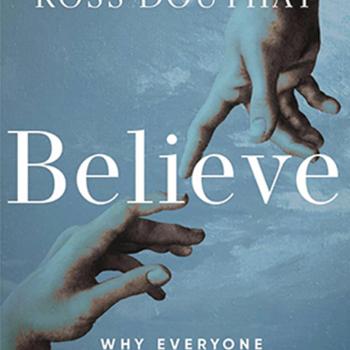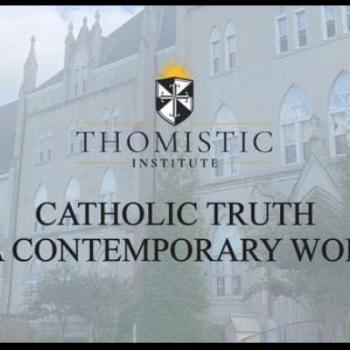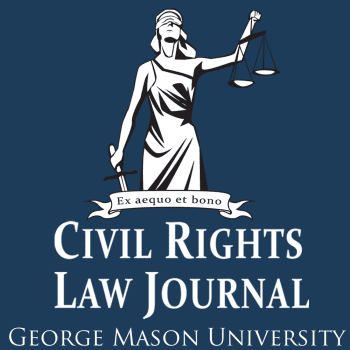I recently read two important essays critical of Catholic integralist thought. (You may ask, “What is Integralism?” Here’s the answer in three sentences. For a longer more detailed analysis, read Kevin Vallier’s new book, All the Kingdoms of the World (Oxford University Press, 2023)).
The first essay is by philosopher of law, Brian Leiter. Entitled, “Politics by Other Means: The Jurisprudence of `Common Good Constitutionalism,‘” it was published in the University of Chicago Law Review. It is a critical review of Common Good Constitutionalism, a book authored by Harvard law professor and integralist advocate Adrian Vermeule. Although I disagree with Leiter on a few points (especially on his account of natural law), his review is devastating. Part III of the review, “Legal Positivism, Dworkin, and CGC [Common Good Constitutionalism],” is worth the price of admission.
The second essay–“The Integralists and Us“–is authored by Cole S. Aronson. Published in The Jewish Review of Books, it makes a convincing case that Catholic Integralism is inherently anti-Semitic. Writes Aronson:
For now, the integralists do not endanger American pluralism. What they might threaten is ecumenical conservatism—the cohort (among which I count myself) of clerics, activists, writers, and the occasional pol trying to make American laws more virtuous and American culture more religious. It’s mostly Catholics who lead today’s ecumenical movement, and, given who signs up for conservative politics at top universities, that seems unlikely to change.
Integralism’s apparent purity attracts intelligent young Catholics who want to distinguish themselves from their more moderate teachers. And alas, America’s present discontents—Vermeule has written of the “slow-motion collapse” of the liberal regime—make otherwise unthinkably radical views not only thinkable but even respectable. Integralism is well-suited to the anxious moment. Americans have more freedom than ever but little sense of how to use it; public policy often seems driven by free-floating grievances. Integralism proposes a polity stably founded on the word of God instead of whatever incoherent cholent we’re stewing in right now.
Integralism is a theory for elites. It threatens not a violent revolt but a long march through conservative (and eventually government) institutions by intelligent people hostile to Jews in particular and to the pluralism of the republic generally. In five years, integralists will have an association of young lawyers. In twenty years, they’ll have judgeships and administrative state jobs from a Republican president. None of this will require public approval—just savvy operators in Washington and in prestigious universities. Ordinary Christian conservatives may well tolerate the integralists as dependable allies on social issues. But the integralists will have the advantages of ideological purity and simplicity in every fight with those same conservatives.
In an extended critique of integralism in the journal Liberties, Leon Wieseltier writes that “the roots of [Vermeule’s] quasi-theocratic ideal are rotten with Jew-hatred.” Wieseltier is right. It is simple antisemitism to favor a regime in which political equality for Jews depends on them renouncing Judaism. Jews and Catholics together need to slam the door hard on Vermeule, Crean, Fimister, and anyone who’s alright with kidnapping forcibly baptized Jewish children and disenfranchising their parents—no matter how much Vermeule assures his Jewish colleagues they have nothing to worry about.
You can read the whole thing here.













